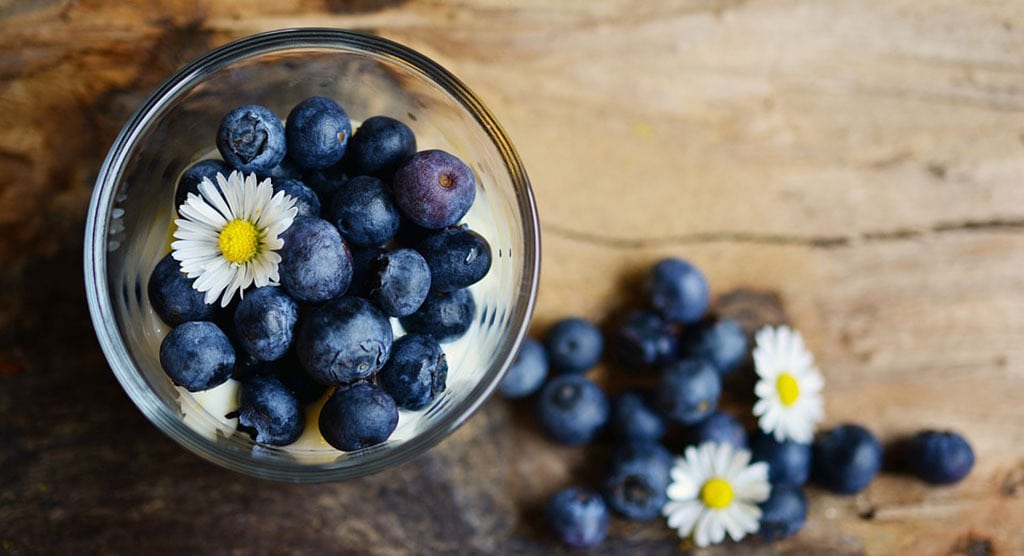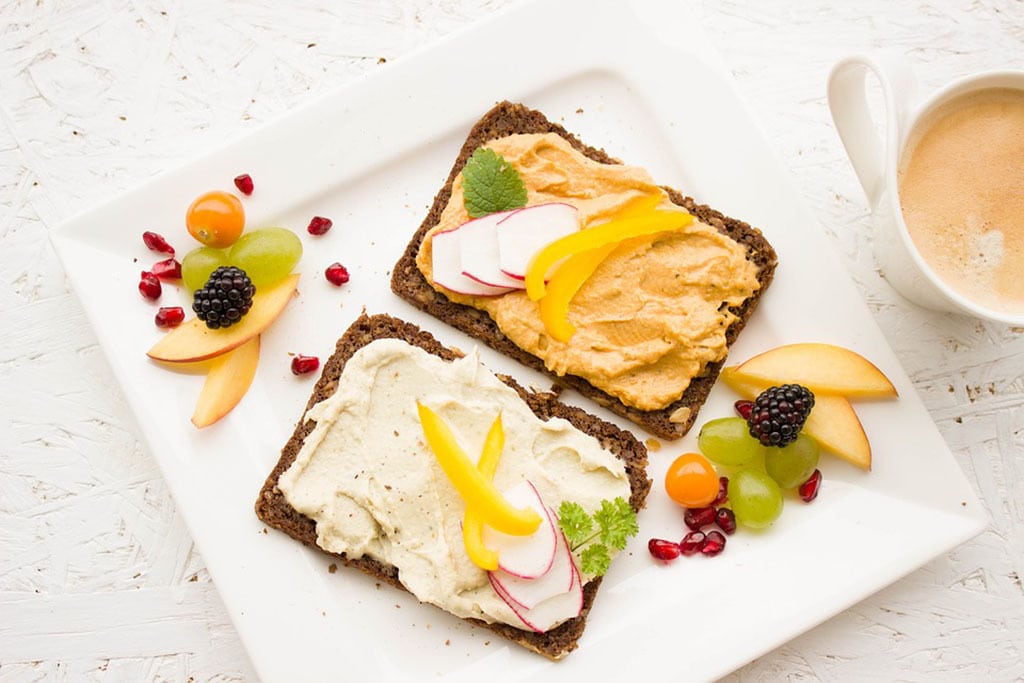5 Ways To Feed Your Brain
July 14, 2017We all want to grow old gracefully and keep our wits about us as the years roll by and one of the ways we can do this is to look after our brain function. So, it is important to consider how nutrition can affect our brain health.
Fruit and Vegetables
One of the most important things we can do to look after our brain health is to eat sufficient amounts of fruit and vegetables. However, while this may seem like obvious advice, according to a survey published by the International Business Times, only 17% of British adults managed to get their five portions of vegetables and fruit a day.[1]
Recent studies have found that the risk of cognitive decline and developing dementia in old age is lower in people who consume at least their five a day.[2] So, eat fresh to stay sharp!
Blueberries are particularly packed with goodness and can boost learning and memory due to the high levels of flavonoids, in particular anthyocyanins, which are thought to protect against oxidative stress , which can damage parts of cells in the brain. Try adding some to a smoothie sprinkle them on your porridge, or even buy a punnet to snack on during the day.
Omega 3 oils
Omega 3 oils are another crucial nutritional element that supports the brain’s normal function. DHA is one of the major Omega 3 fatty acids in the brain and is believed to have the most positive effect on both our memory and mood. Omega 3 is most commonly found in oily fish such as salmon and mackerel, as well as walnuts, chia seeds, and eggs. If you still feel you aren’t getting enough, try one of our Omega 3 Fish Oil 1000mg supplement.
Eggs
As well as being packed with omega-3 fatty acids, eggs also contain choline, which helps to repair and maintain healthy brain cell membranes. Additionally, eggs are also a great source of nutrition, packed full of protein, vitamin B2, B6, B12 as well as vitamin D, zinc and calcium, all of which can contribute to the production of energy in the body, aid blood circulation and help build strong bones.
B Vitamins
Recent studies have shown that those with high levels of B vitamins in their diet are more protected from brain shrinkage and cognitive decline and have improved communication between the brain and the nervous system.
It is therefore especially important that older people eat a diet rich in B vitamins. One of the most common foods rich in B vitamins are wholegrains. It can be incorporated into your diet easily by swapping white pasta and bread to wholegrain versions instead. If you’re still struggling to get enough vitamin B into your diet try our Vitamin B12 supplement, which can also support the formation of blood cells, boost immunity and combat tiredness and fatigue.
Spinach
Spinach is a good source of folic acid and vitamin C, both of which are needed for the production of neurotransmitters in the brain (substances that transmit nerve signals). Like other green vegetables, it is also a source of chlorophyll, which may favour the absorption of iron and promote red blood cell growth, which improves oxygen transport around the body and to the brain. Use spinach raw as a basis for any salad, steam it as a base for fish or add it to smoothies or vegetable juices.
[1] International Business Times UK. (2016). Only 17% of Brits eat their five portions of fruit and veg a day.
[2] Physical activity, cognitive decline, and risk of dementia: 28 year follow-up of Whitehall II cohort study.


